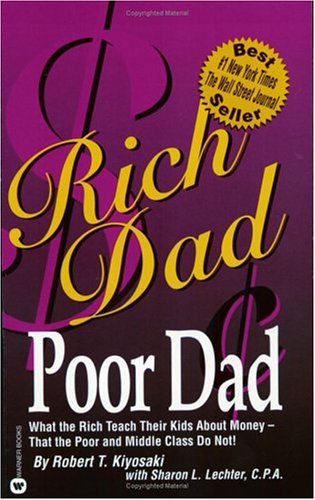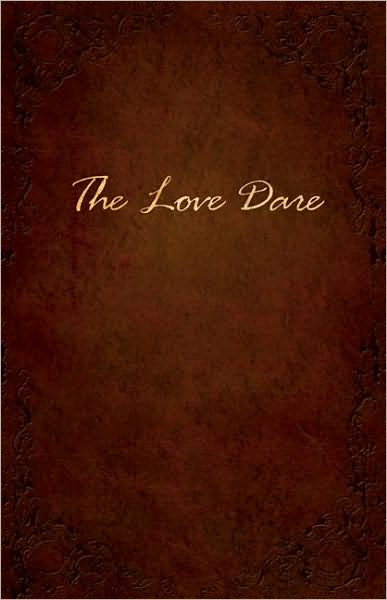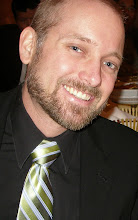
 I didn't intend to read two different books detailing clandestine investigations into Jerry Falwell's church. I was somehow reading another review when Roose's book first came into my purview. Knowing very little, but being progressive of mindset myself, I felt it was important to pick up The Unlikely Disciple, which had been released in early 2009. Having just finished a melancholic John Dufresne title, I looked forward to a sunnier chronicle of life within the Evangelical bubble. Not a moment later than I had returned the book did I learn of Gina Welch's expose In the Land of Believers. To the best of my knowledge, this is perhaps the first review to juxtapose the similarities and differences of these two works, so similar in scope. While I feel both have their place and are good reading, I do have my biases.
I didn't intend to read two different books detailing clandestine investigations into Jerry Falwell's church. I was somehow reading another review when Roose's book first came into my purview. Knowing very little, but being progressive of mindset myself, I felt it was important to pick up The Unlikely Disciple, which had been released in early 2009. Having just finished a melancholic John Dufresne title, I looked forward to a sunnier chronicle of life within the Evangelical bubble. Not a moment later than I had returned the book did I learn of Gina Welch's expose In the Land of Believers. To the best of my knowledge, this is perhaps the first review to juxtapose the similarities and differences of these two works, so similar in scope. While I feel both have their place and are good reading, I do have my biases. Roose's book did not disappoint. Roose, trained in the footsteps of A. J. Jacobs, is as much a reporter as an author, and that makes all the difference. Although his time at the Thomas Road Baptist Church and Falwell's Liberty University would span only 6 months, his decision to live as a dormitory student gives him ample anecdotes and riveting dialogue. In the end we come away understanding several truths: prayer, worship, and even a little faith can make an individual life better, irrespective of inconsistencies in logic and an ostensibly bilious demagogue. Roose, a then-undergraduate at Brown University, takes a leave of absence to pursue his writing adventure, and appears to return with a renewed perspective.
This year a new Evangelical odyssey found it's way to booksellers in Gina Welch's In the Land of Believers. Welch, a Yale graduate and University of Virginia graduate scholar, takes time away from her home in Charlottesville for more than 2 years, attending regular church services at TRBC. She joins a singles ministry, and ultimately finds herself in Alaska on a proselytizing mission trip. The last third of the book unabashedly exposes the doubt and uncertainty of Evangelical witnesses, indirectly suggesting the vulnerability all persons of faith who seek to "win souls for God".
An unavoidable question presents: which book is better, which should I read? I can't answer this question easily. Roose manages to obfuscate his Quaker roots throughout much of his experience. As a student at Liberty University, he is of an invisible minority of students who do not fit the prescribed Liberty U mold, and it never occurs to his compatriots to consider he might not be "saved". It is only toward the end of the book that his lack of spiritual conviction is adumbrated, and he comes clean to his unwitting accomplices. Roose feels the pull of his complicity in breaking the trust of his friends, and convincingly communicates this conflict.
Welch's experience is slightly different, for although her overall tenure at TRBC is longer, she is able to take longer periods of refuge away to her home in Charlottesville, maintaining a properly balanced secular lifestyle. This period provides the fodder for the first third of her book and is similar to that of Roose's unflinching censure of Fundamentalist homophobia and ecological ignorance. However, Welch exudes an unrelenting sardonic tone that is more harsh than that of Roose. Dissimilar also is Welch's choice of tack: she comes forward to receive Christ and undergoes baptism. Both she and Roose underwent missions adventures, so they both share some inherent duplicity.
Between the two authors, Welch is clearly the more trained writer. Her tormented dream sequence descriptions are superb, and she most excellently pulls no punches in exposing the leprous underbelly of the more unsympathetic Christian members. Unlike Roose, I never completely felt convinced she had mentally immersed herself in the Christian paradigm (baptismal pun intended). Welch always seems to proffer a mental quip or scoff when interacting with her Christian counterparts. Sometimes this is fitting when she's condemning the hypocrisy of a Bible study leader, at other times its just jaded and mean.
I learned a lot from each of these books, and easily can recommend them both. Welch's book is longer, as she probably has 1.5x the word count per page compared to Roose's work. All told, this has been enough to suggest I need to leave the land of Virginia for a time; I've certainly had a healthy dose.
I had to wonder if whether the contracts for these books were cemented following the passing of Falwell. Certainly Falwell's death in 2007 provided a fulcrum for the authors, no doubt about it. Why were not other religions examined? Why not Hasidic Jews, Mormons, Seventh Day Adventists? Aside from immersion being more difficult among these faiths none are of the mercurial ilk of recent Evangelical blurbs. From the emergence of Rick Warren's Saddleback juggernaut to the fiasco of Ted Haggart's homosexual unveiling, the Evangelical church remains a tough act to follow, and we can only thank both of these raconteurs for bringing us more of the tale.









